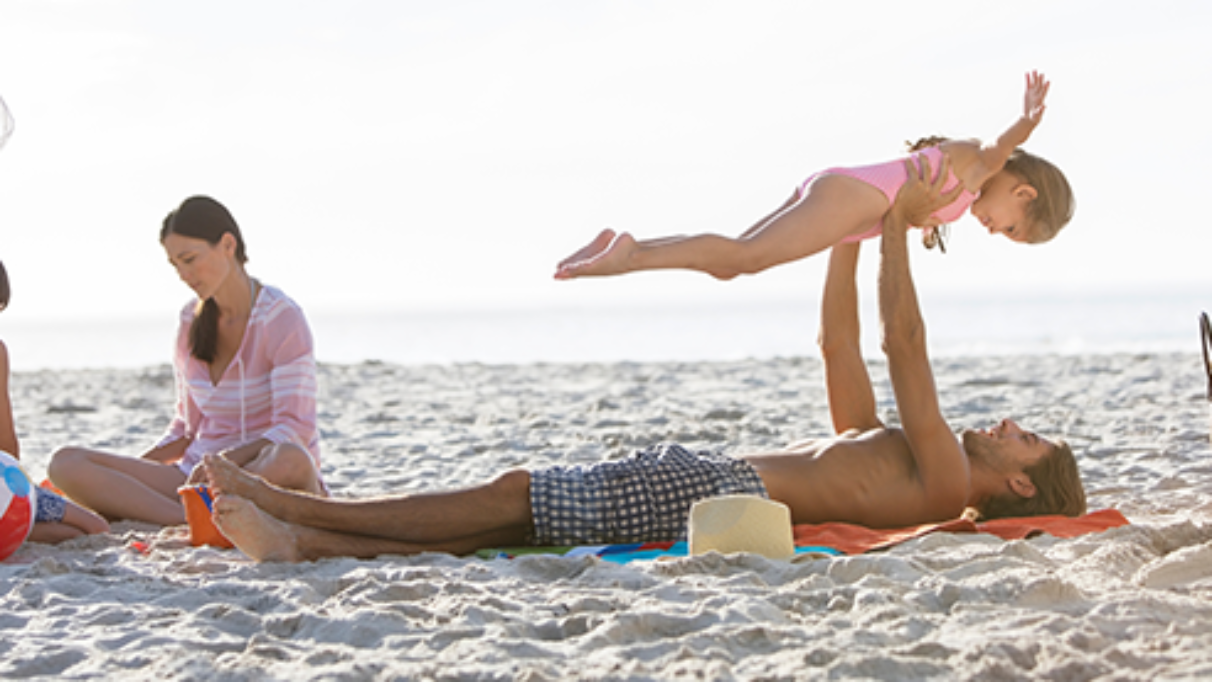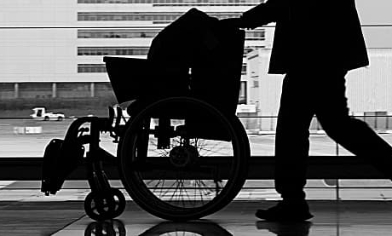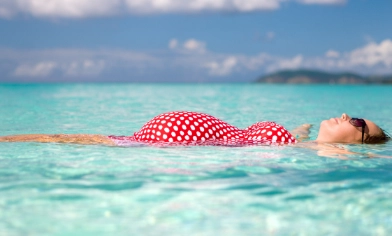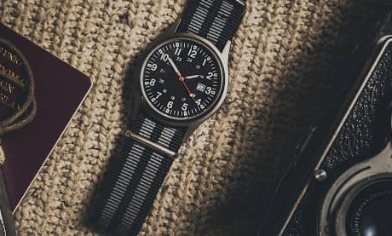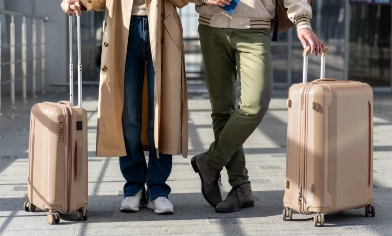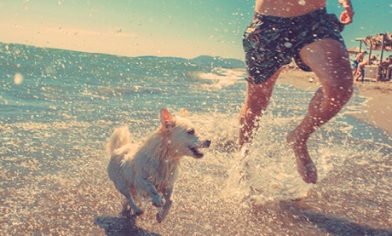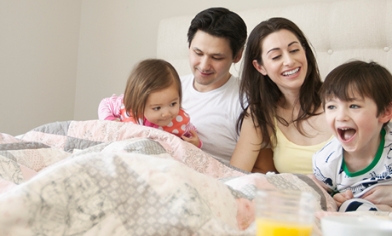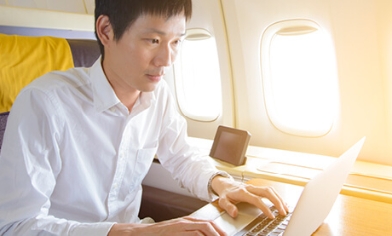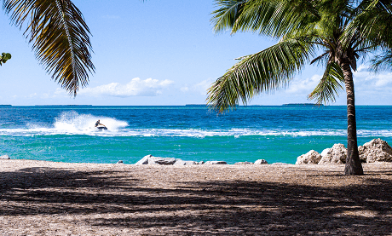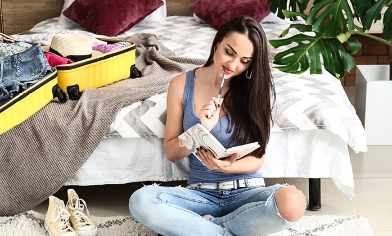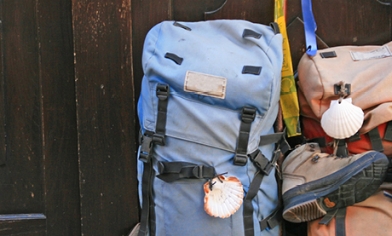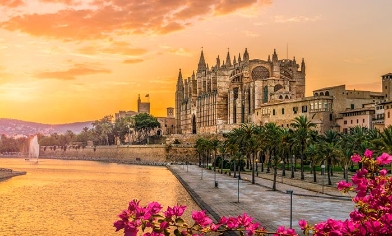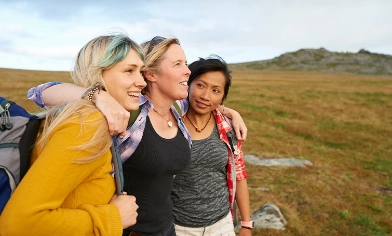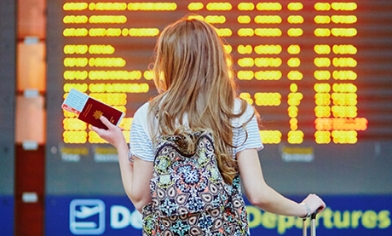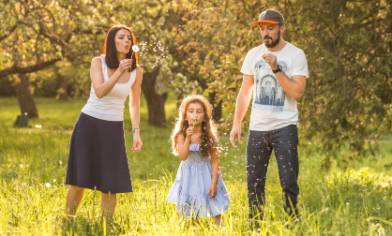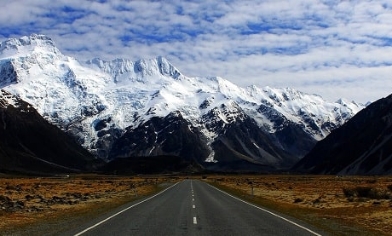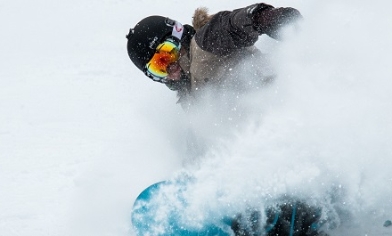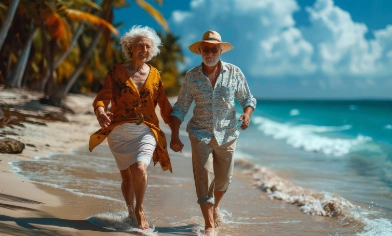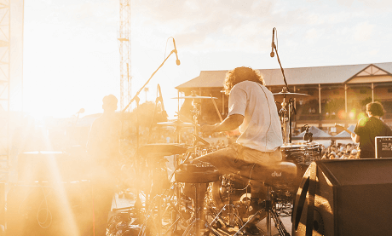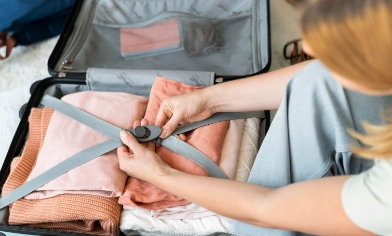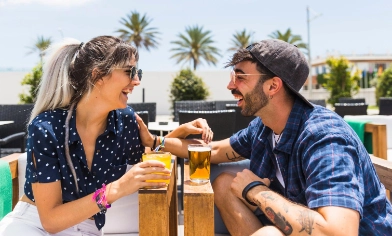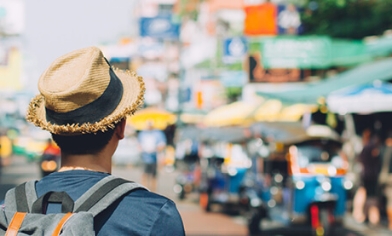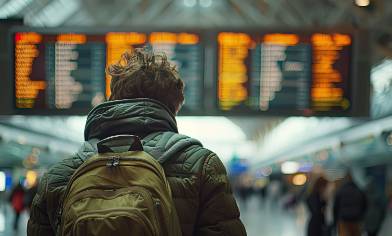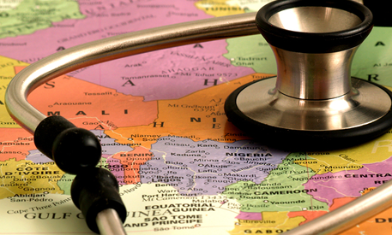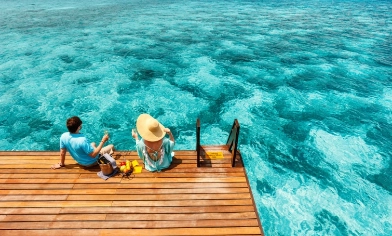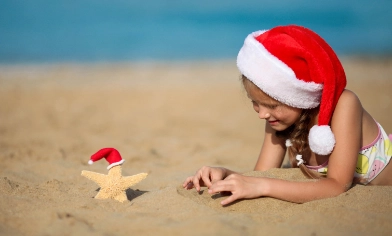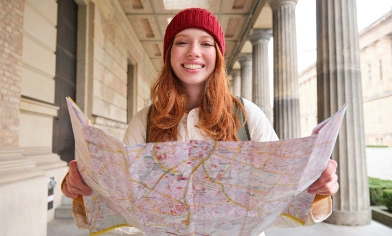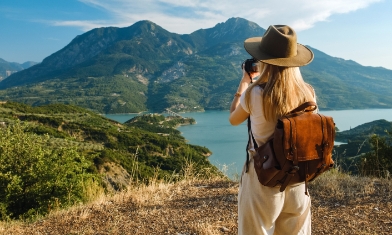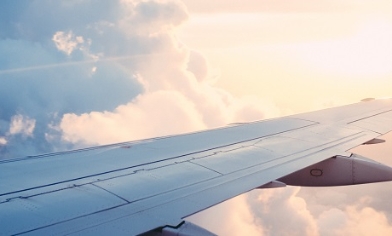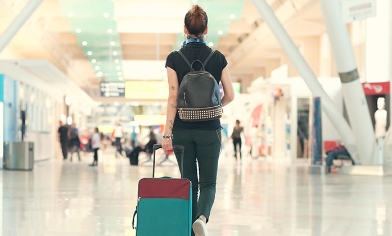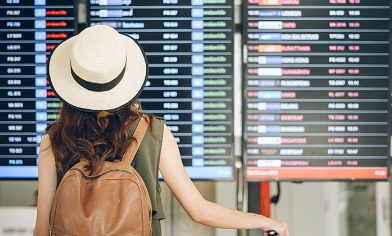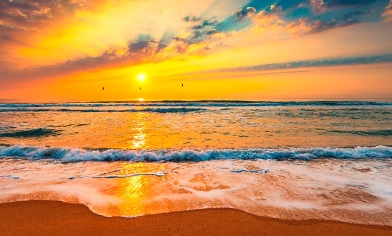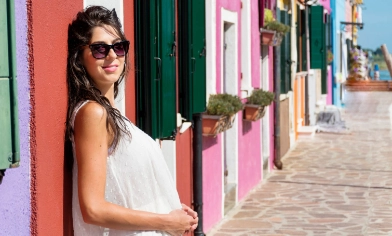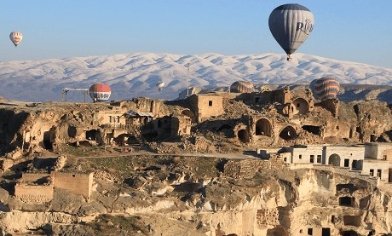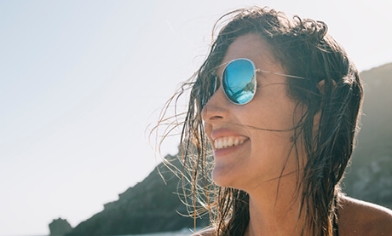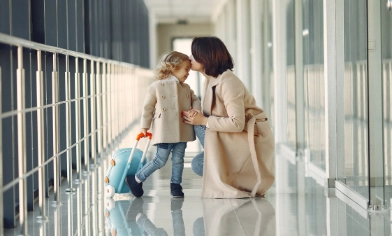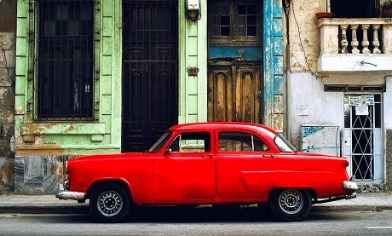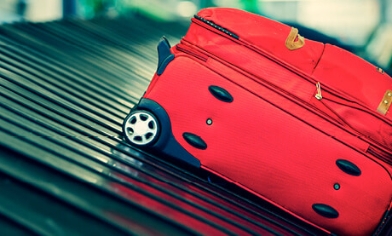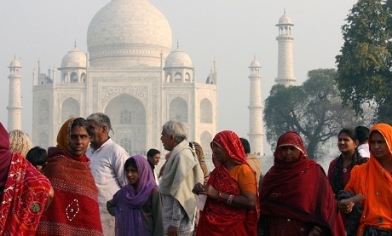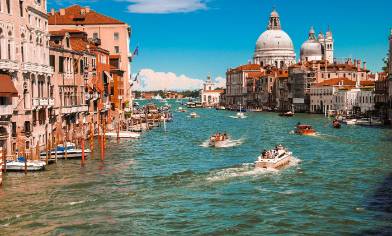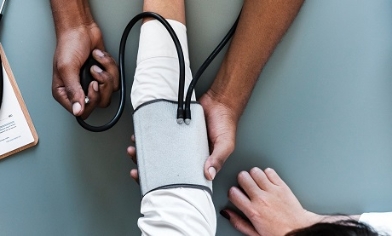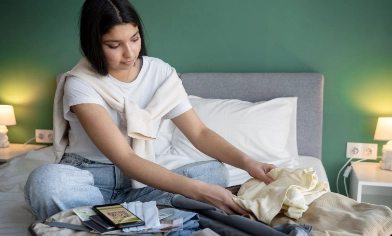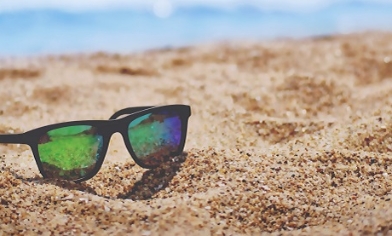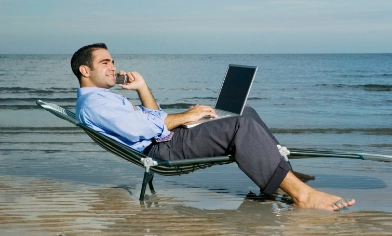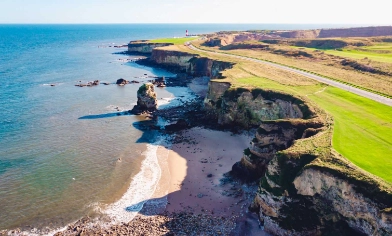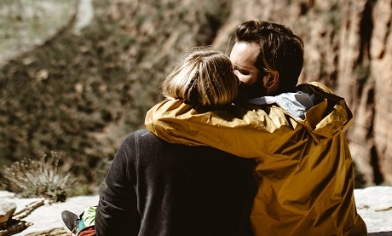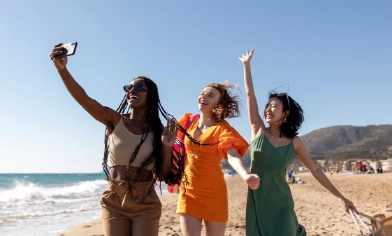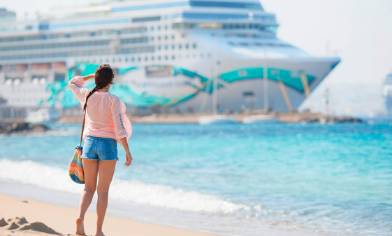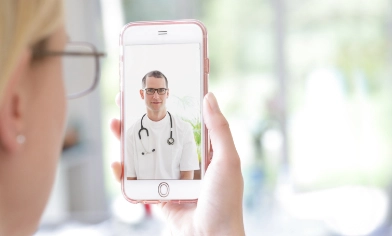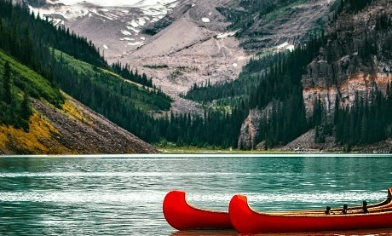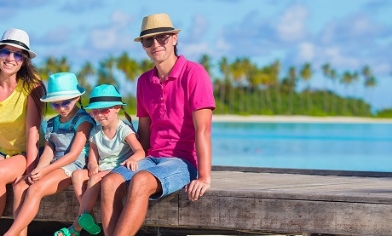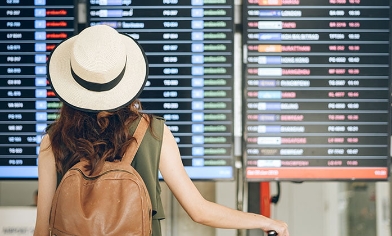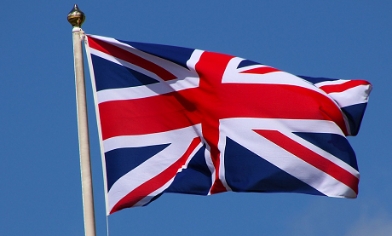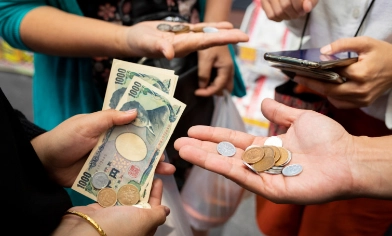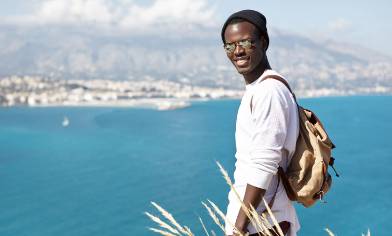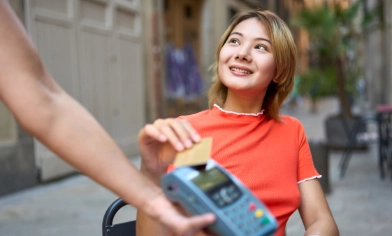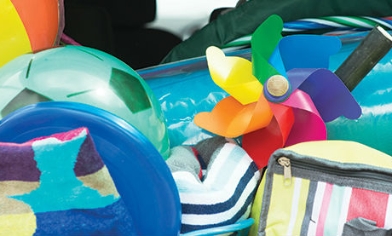Keeping children safe while you’re abroad
Here are 10 easy ways to keep your children safe on holiday. But remember, while caution’s important, don't let worrying spoil your holiday. Just be sensible, keep an eye on them – then relax by the pool and enjoy a bit of well-earned ‘me time’.
-
Take out travel insurance for your family
Before you set off on holiday, you should always take out travel insurance to keep your family protected. There are different levels of cover to choose from, but most policies cover the cost of emergency medical care if you or your kids become ill or injured, if you need to cancel or cut short your trip for a reason listed in your policy or if you lose your baggage.
You can also easily upgrade your policy to add things like gadget cover for your kids’ devices.
-
Order a Global Health Insurance Card
If you’re a British citizen visiting an EU country, a Global Health Insurance Card (Ghic) lets you access free or discounted medical treatment when you're in an EU country. It's not the same as travel insurance, but it's coverage that's worth having.
Everyone in your family needs a Ghic card. If they're under 16, you can add their application to yours and they'll receive their own card. There's no lower age limit to Ghics, so make sure the whole family has one.
-
Pack a basic first aid kit
Put together a basic first aid kit, like plasters, antiseptic wipes, a thermometer and any prescription medicines that your children might need. You should also pack other medicine in case anyone gets poorly, such as Calpol and oral rehydration solution for upset tummies. Read our holiday packing guide
-
Give everyone a set of contact details
Write down the address of where you’re staying, your own contact number, and the phone number of the hotel. Then put it in a zip pocket on each child’s clothing.
For older children with mobiles, make sure they have the address saved on their phones too – just in case. But don’t just rely on phones, as these can easily get lost.
You can also buy ID bracelets online. Slip a piece of paper inside a window containing all your contact details.
-
Tell kids what to do if they get separated or lost
Whenever you’re in a large, crowded area, you should pick a landmark for the family to meet at if anyone gets lost. Pick something large, distinctive and easy to find.
If the kids can’t find you, explain that they should ask for help from a safe adult such as hotel staff, a police officer or another parent who has children with them. They should then share your contact details with them.
-
Research the area
Do your own first-hand research of what to watch out for in the area you’re visiting. This could be online before you go. Or have a quick chat with the hotel staff or holiday reps when you arrive. You’ll soon find out about any potential risks – whether it’s bugs, stray animals or strong tides.
Check the Foreign, Commonwealth and Development Office for any travel updates on your destination.
-
Check the room
When you arrive at the hotel, give your room a quick once-over. Make sure little bodies can’t squeeze through any balcony railings. Check fire escapes are working and accessible. And, if you’re unsure about anything, ask hotel staff for help.
-
Make staff aware of allergies
If your child has any allergies, make sure hotel staff are aware – look up phrases to explain your child’s allergy before you go to help avoid any language barriers.
If they have a severe allergy, consider a medic alert bracelet. Make sure you have any emergency medication on hand – whether it’s an epi-pen, inhaler or steroids.
-
Keep kids hydrated and safe from the sun
Make sure your kids are staying hydrated by keeping their water bottles filled up, especially if you’re holidaying in hot weather. They also need high-factor sun cream – at least factor 50 – applied regularly.
Hats and sunglasses are also essential. Toddlers should wear a wide-brimmed hat to protect the delicate skin around their head and neck, while babies should always be kept to the shade.
-
Watch out for the water
Make sure children wear bright colours, rather than blue, in the water so you can spot them easily. Even if your child is a strong swimmer, don’t let young children swim unattended. If your little one isn’t a born swimmer, make sure they have arm bands or another flotation device.
It’s also a good idea to pick a pool that’s fenced, with locking gates, if you can. Then they can’t wander off. And find out if there’s a lifeguard on duty.
On the beach, ask a lifeguard which area is safe to swim – and if there are any tides or currents to watch out for.
All sites and links correct at the time of publication. We (Post Office) take no responsibility for the content of any third party websites.
